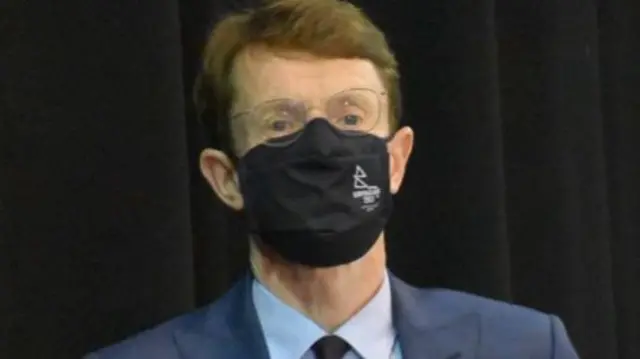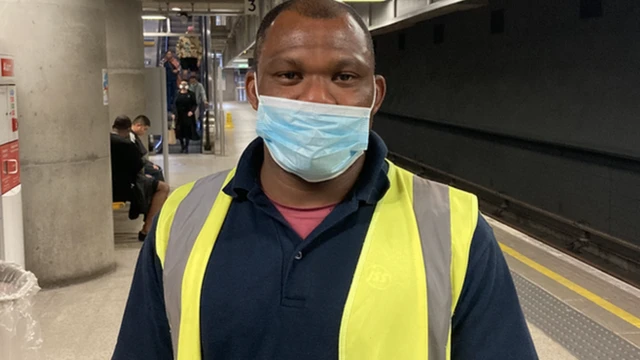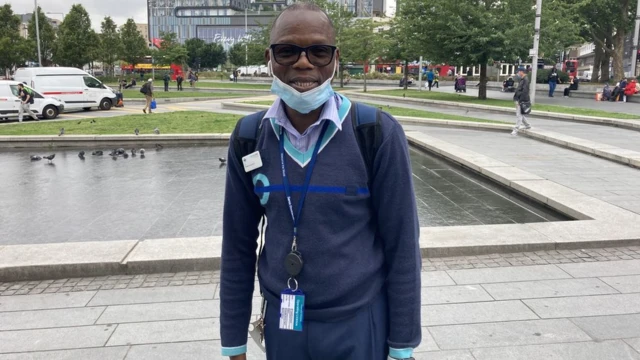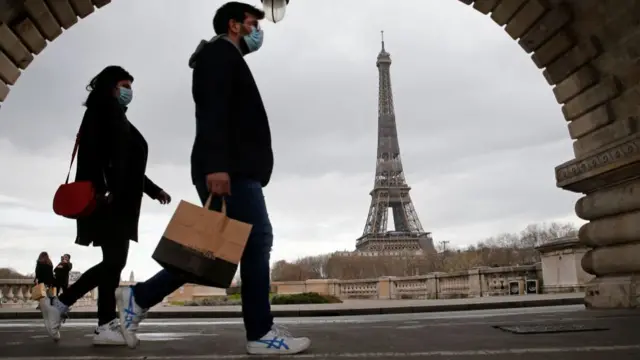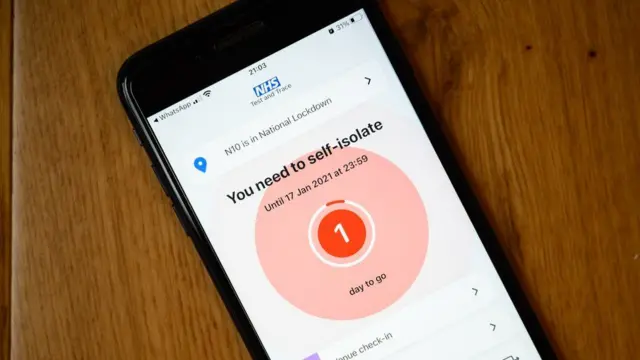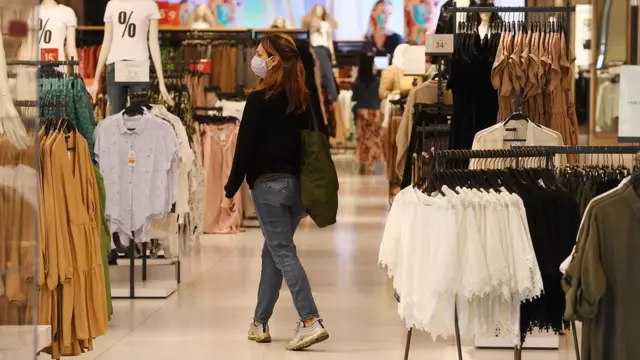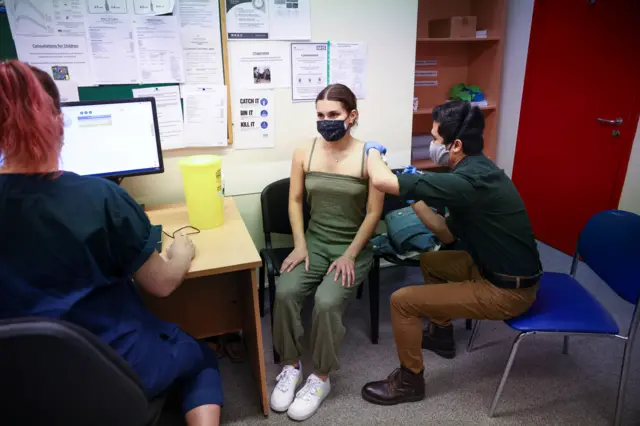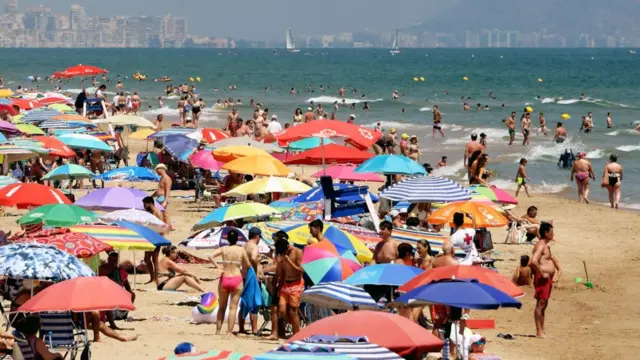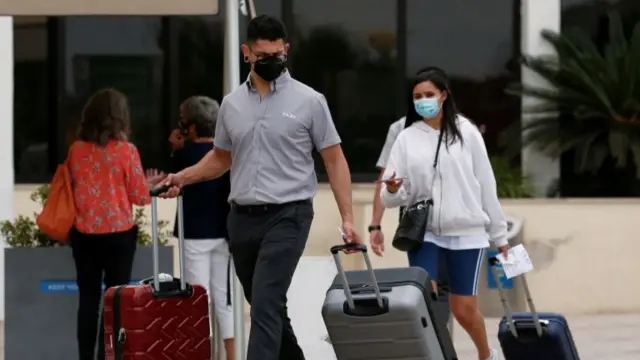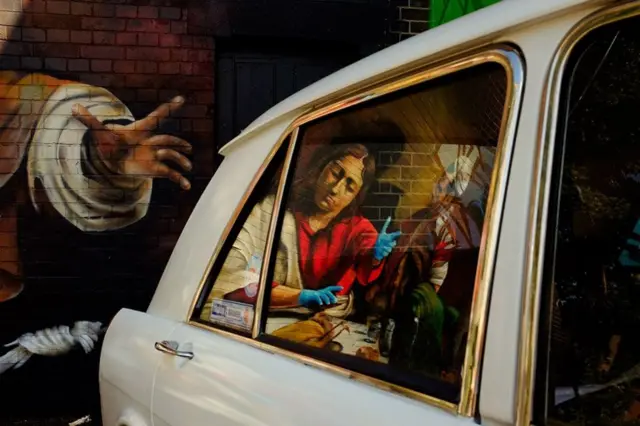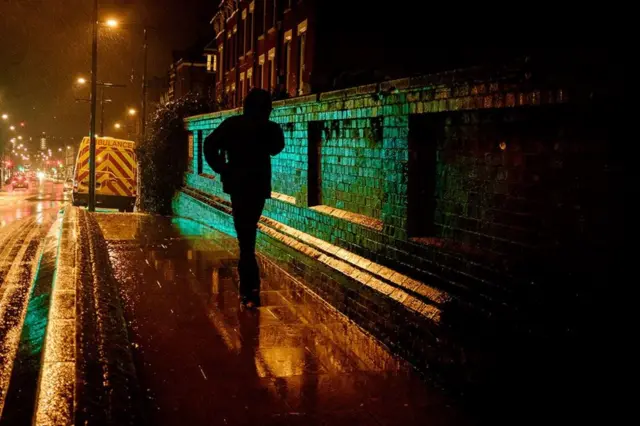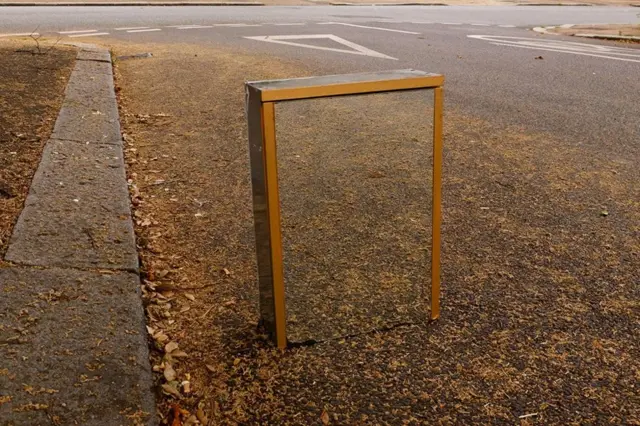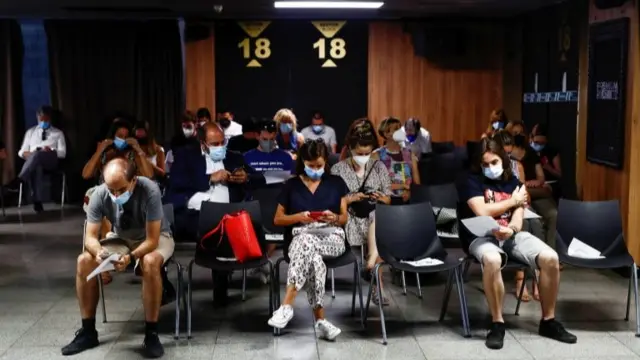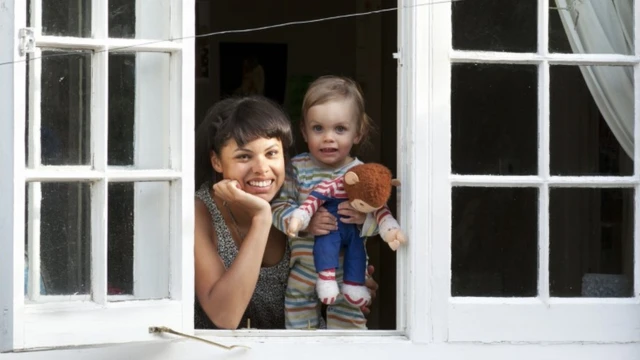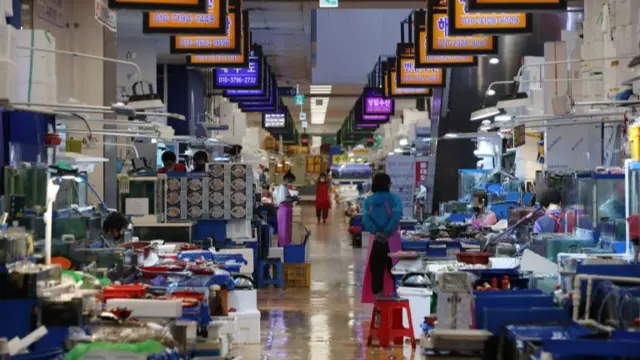Ferry disruption due to staff self-isolatingpublished at 15:55 BST 14 July 2021
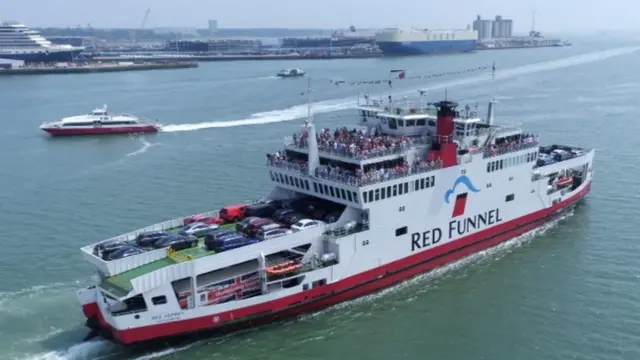 Image source, Red Funnel Group
Image source, Red Funnel GroupA ferry operator says it has had to cancel crossings because 30% of its staff are isolating because they have been pinged by the NHS app, or have come into close contact with someone with Covid.
Red Funnel says six Solent sailings have been cancelled each way between Southampton and East Cowes on Wednesday and Thursday.
At the moment, close contacts of people who test positive for Covid have to isolate for up to 10 days.
The ferry firm says it is also struggling to recruit more staff and currently has 51 unfilled roles.
We've got more on this story here.
